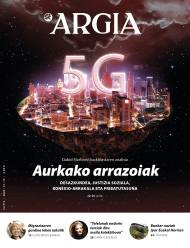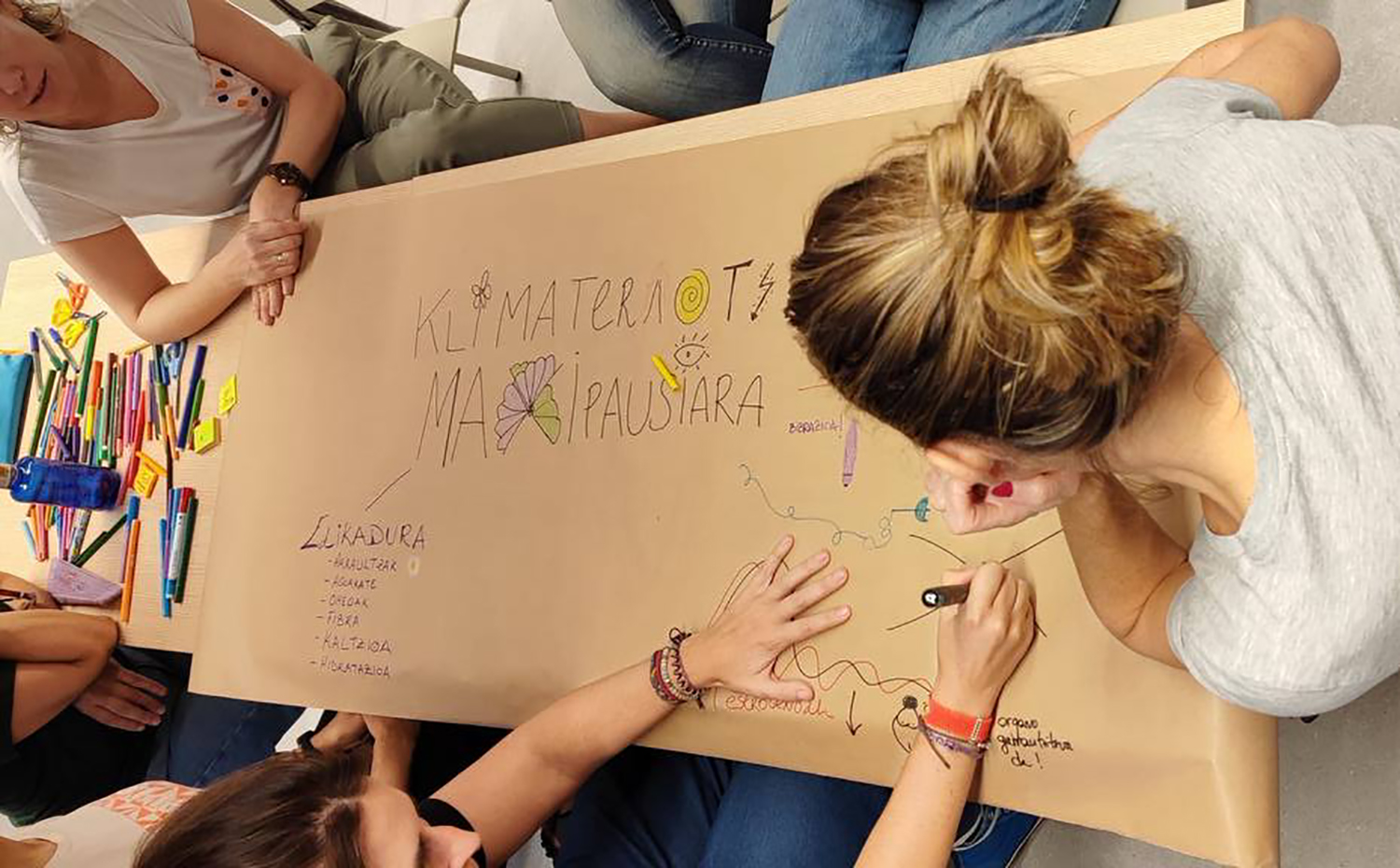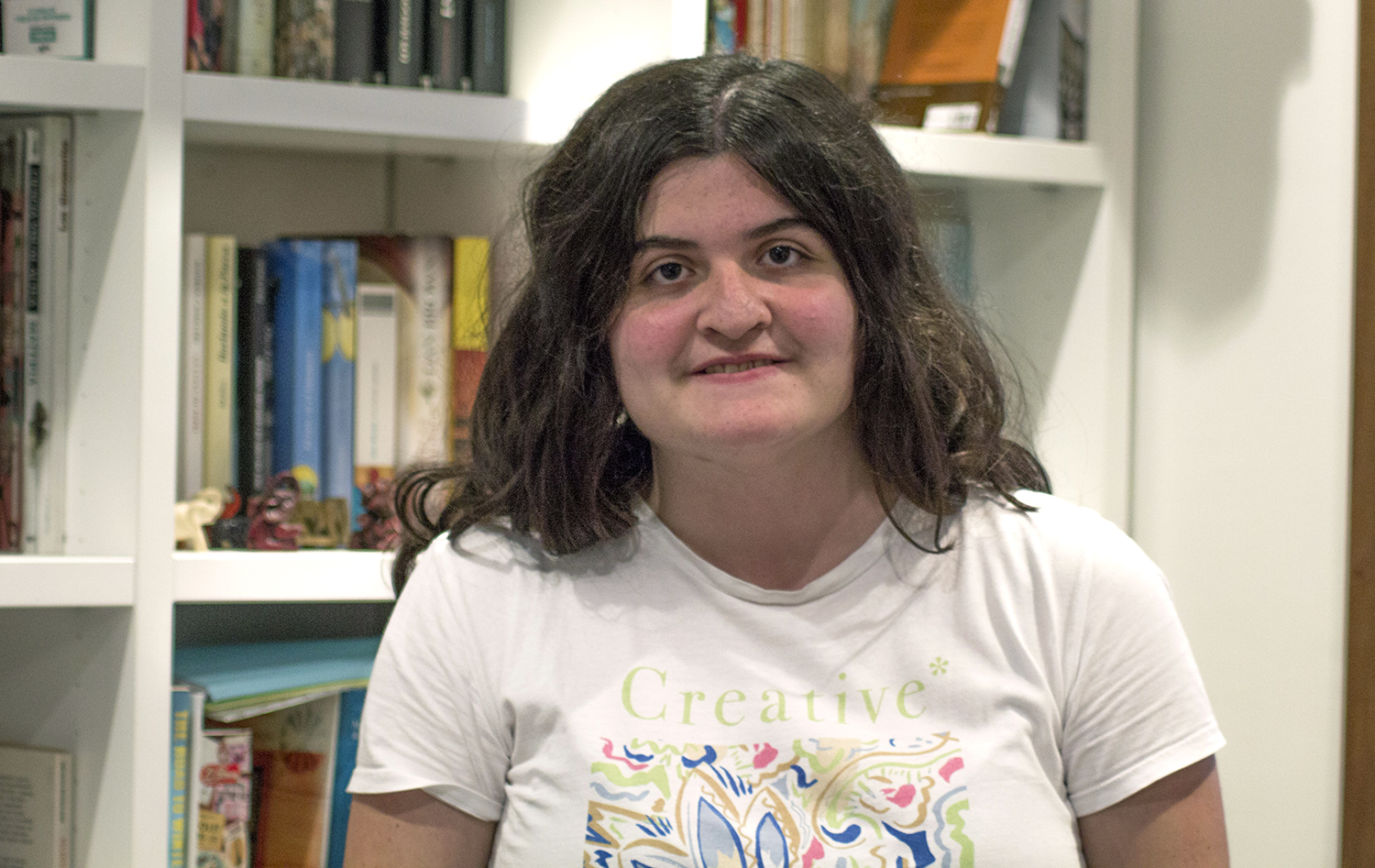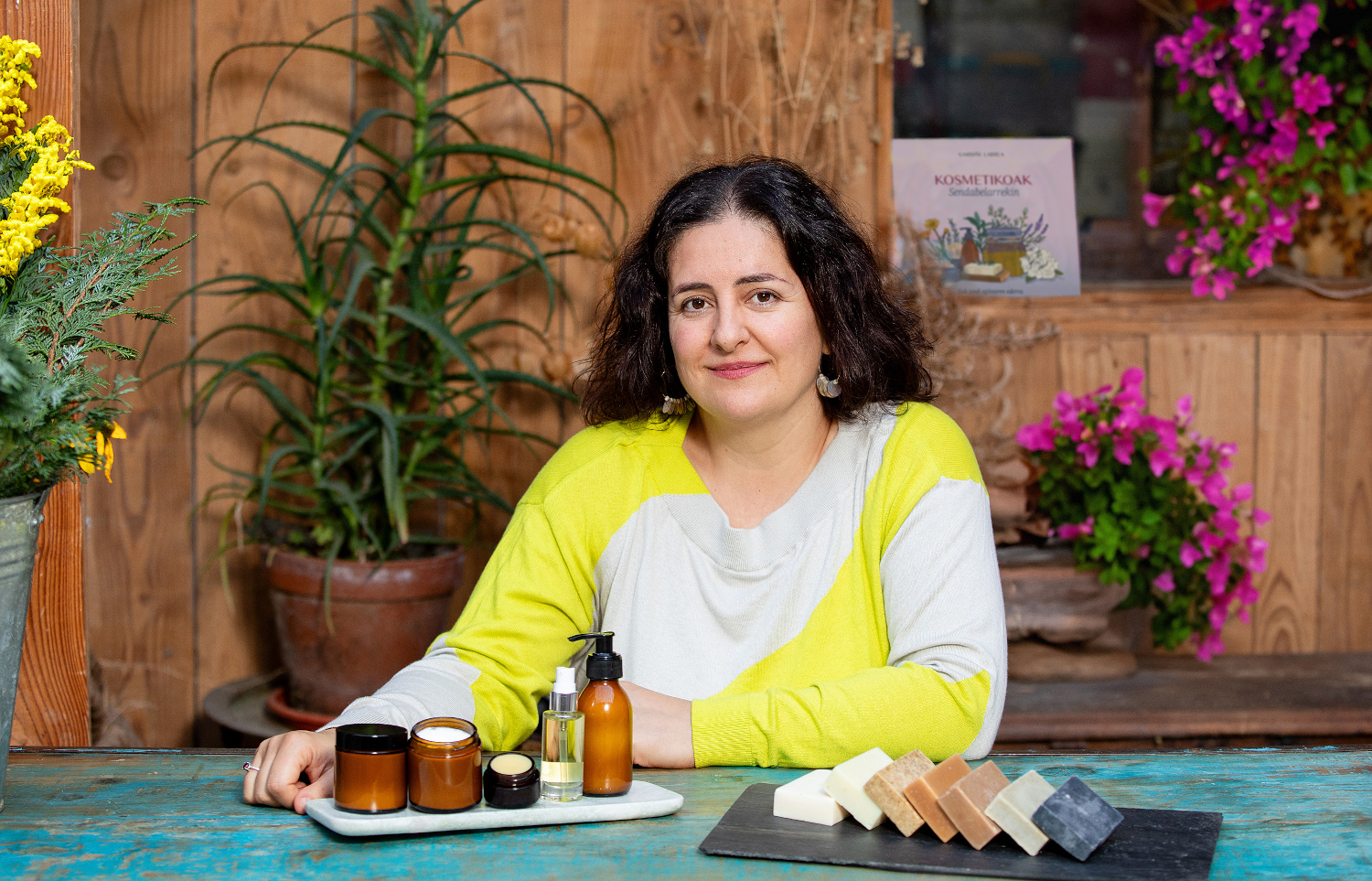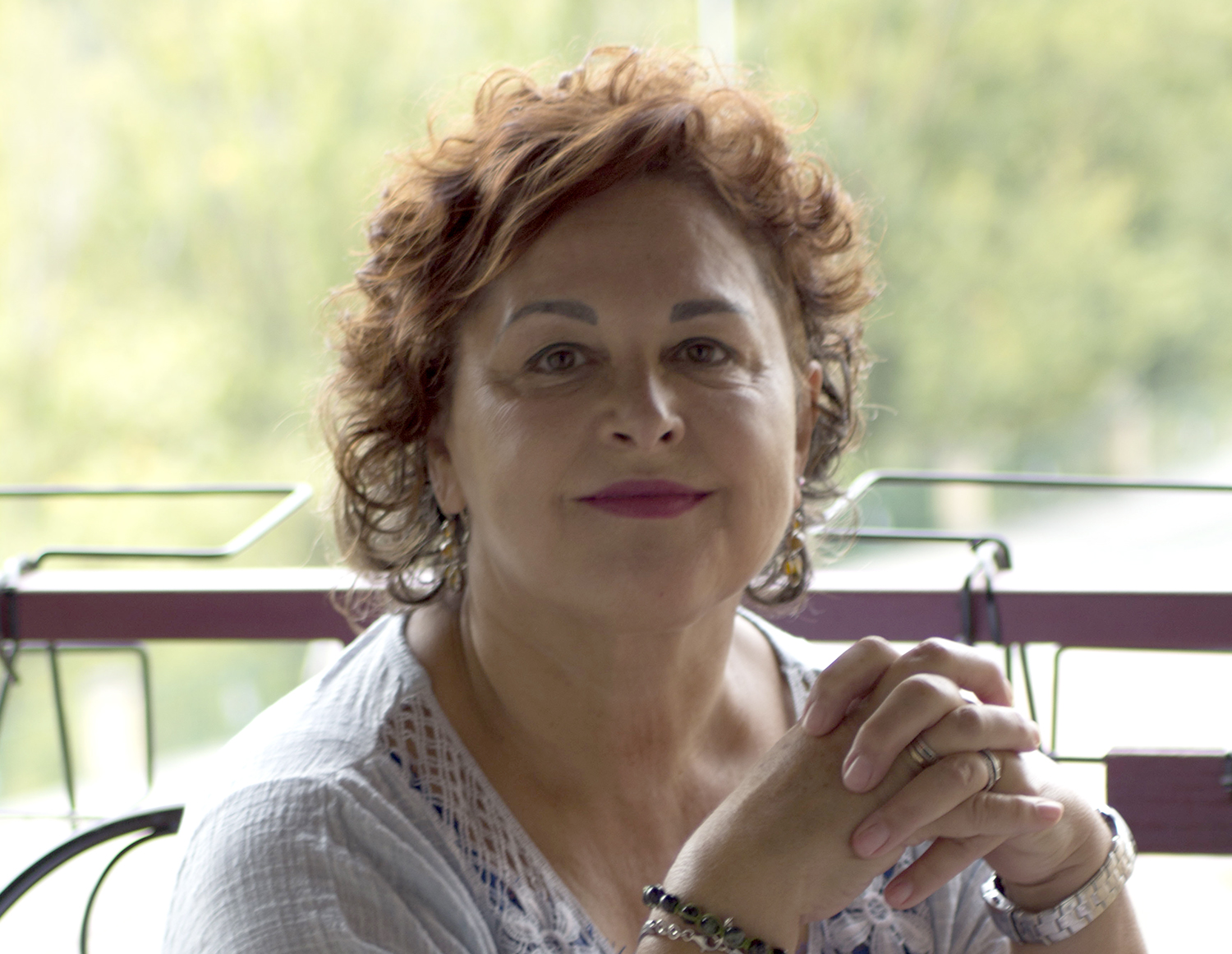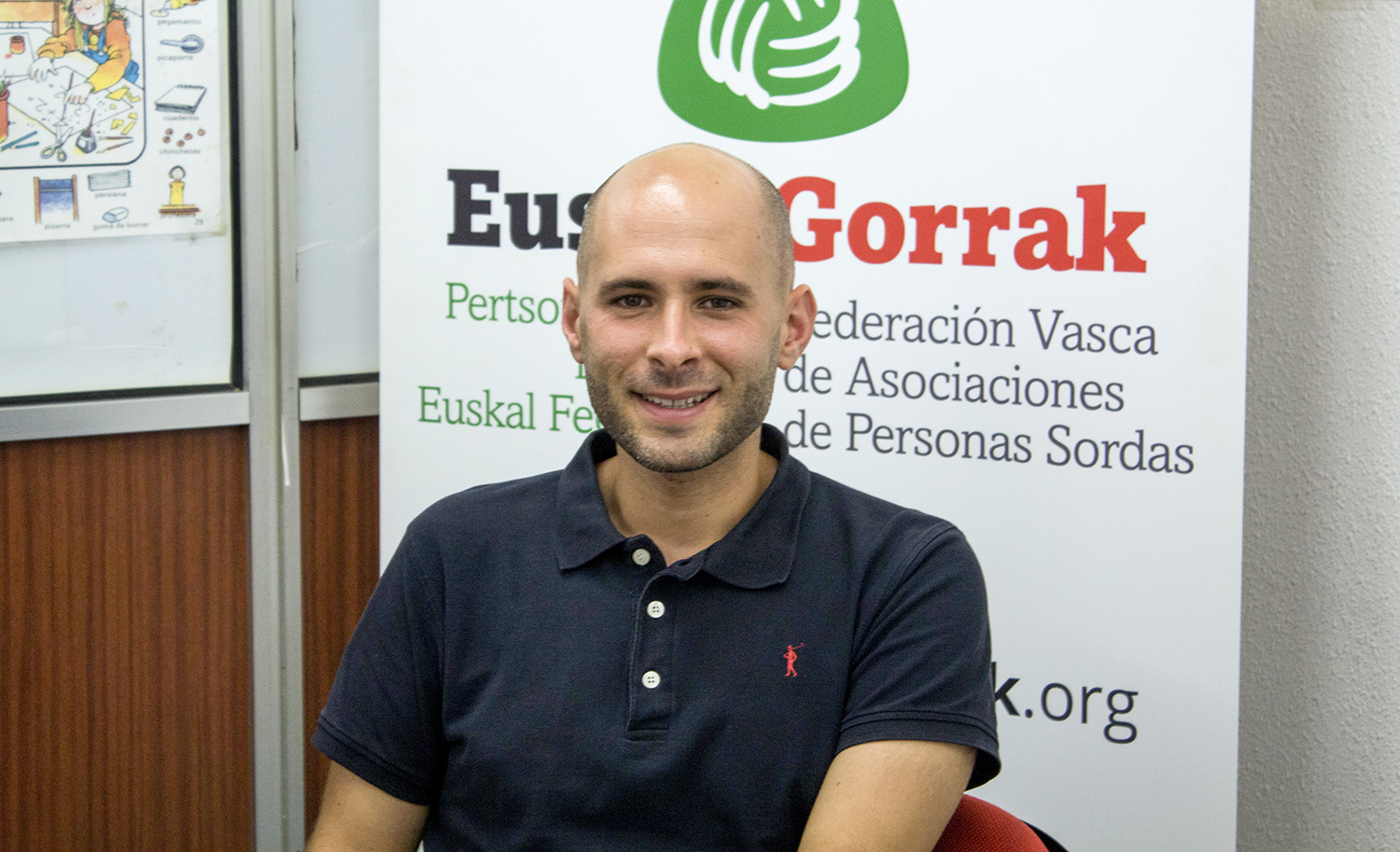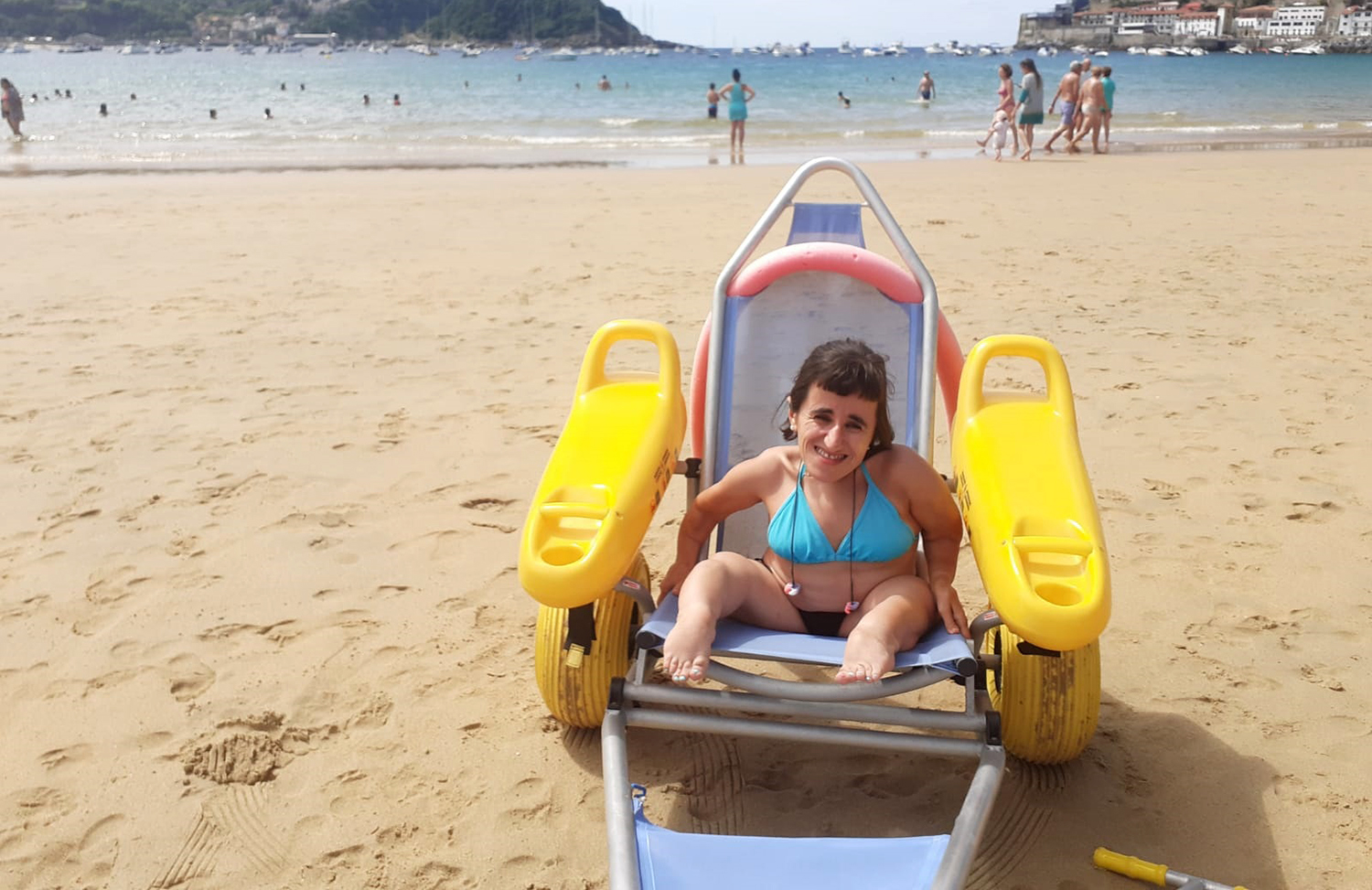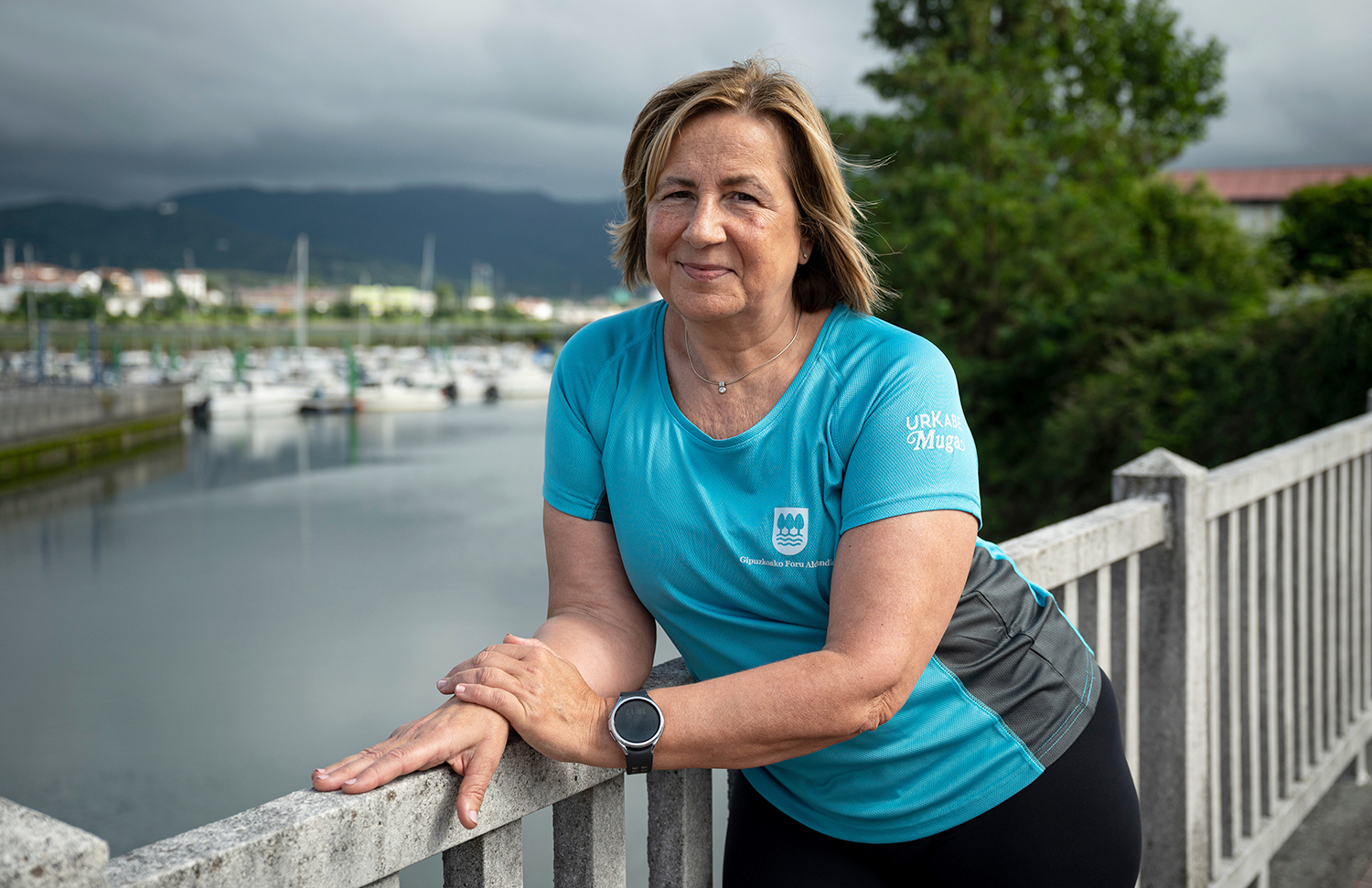"We eliminate the sign of male violence through the tattoo"
- The study of tattoos Desideratum in Barcelona shows great personal stories, deeply rooted in the world. Altruism and empathy come together in a space where free tattoos are offered to women who have experienced male violence or who have suffered cancer along the way to overcome traumatic situations. Noemí García (Barcelona, Catalan Countries, 1977) launched three years ago the project to end pain through the vital force of tattoos.

The Tattoo study is called Desideratum, meaning “a desire that has not yet been fulfilled.” Beyond decorating the skin or remembering important events of our lives, what role can a tattoo have?
Tattooing can be a very powerful tool. In our study, we tattooed women who have suffered traumatic events such as male violence or breast cancer. In these cases he has the power to heal and to reconcile himself. It is an act of empowerment that, being yourself, decides what you want to always carry on the skin. In the case of women who have suffered violence, it helps them to close wounds and to give a push to move forward.
This decision to approach the study arises, in most cases, from the need to cover or transform the superficial marks, which at all times remind them of the violence and aggressor they have suffered.
Based on this project, we have witnessed different forms of physical violence. These are very hard things that most people can't even imagine. We've seen names, initials and dates of knives and cutters. There are also scars of self-harm caused by violence. They've all been transformed into a custom tattoo, into a totally different picture.
In this case, tattoos are part of a new stage, the beginning of a new life. But they can also be a way of expressing male violence.
Unfortunately, yes. In fact, most of the tattoos we make are for covering others. Forcing or coercing the couple's name to be tattooed is common, it's a constant we've seen since we opened the study. Now on the waiting list there's a girl, for example, with a tattooing guy. He's marked the whole body with his name. I also remember a woman who came to get rid of the name she had in her hand and who at every moment concealed it with the other. They want that image to disappear, they need it. We did a tattoo on that girl's name. After a few months, when we saw each other again, I still couldn't cover the tattoo with the other hand.
.jpg)
For a woman who has suffered machista violence, how important is it that something that looks like a lifetime can be removed from the skin?
When you disguise a scar or remove a tattoo from a female victim of male violence, you're somehow helping to take a step further in her struggle. It's a very special time for them. They have so many problems, they think it has no solution; they carry stigma. When you offer them a tattoo, they change their faces. Wearing the name of the batter tattooed is psychologically destructive. When you realize that it's no longer in your skin, you feel very calm. It seems that all the other problems have a solution.
Tattooing also has to be mentally strong, day by day to deal with these kinds of cases.
It's hard, we won't deny it. In the end, most women tell you their experiences and they're hard stories. We know that male violence exists, we see it almost every day in the news, but you never imagine this kind of atrocity happening. There are such great barbarities… when someone says that feminism is not necessary or that violence does not exist, I get boiling blood.
They also offer free reconstruction of aureola after breast cancer.
We made a hyperrealistic 3D tattoo, the result is spectacular. One thing that is not said about women who have suffered from cancer is that they remain unemployed, in a difficult economic situation. Reconstruction of the thoracic limb is expensive in aesthetic centers, and costs between 500 and 1,000 euros. After cancer, some women are not content with the image they see in the mirror. We know that this is of great importance in self-esteem, so you also have this opportunity here.
Your study is a safe place for women because all working women are women. Do you think there should be more non-mixed spaces in other areas?
No doubt. All the workers in our study are women because of the social work we do. It wouldn't make sense for a man to tattoo, it wouldn't have a comfortable or safe space. That was the main reason why women formed the whole group. In addition, there is a way to claim the presence of women and to have visibility. In this respect, I believe that it is still to be done.
the study, I made a gossip with people in trouble, I’m a gentleman. There I met many women who suffered gender-based violence. So when I decided to turn my life around, I had three very clear things: that I wanted to continue working with horses, that I loved the tattoo world and that I wanted to undertake a project with a social vocation. This is how the study of Desideratum tattoos came about.”









